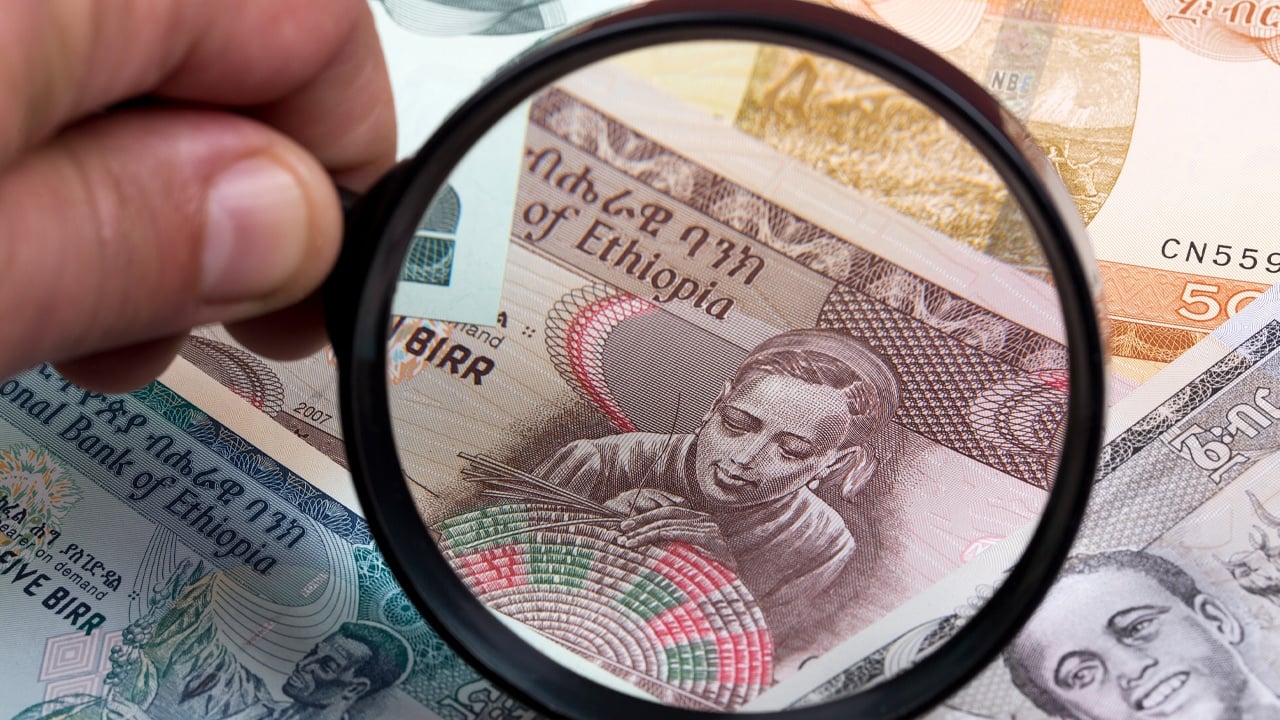Hold on to your hats because geopolitics is about to get a shake-up, and it’s not just any tremor – it’s a seismic shift courtesy of the BRICS, which, in case you’ve been living under a rock, is on the verge of expansion. Leading the charge for this year’s potential new member is none other than Bangladesh, with Brazil waving the biggest flag of support for their entry in 2024.
Why, you ask? Let me tell you.
Brazil’s Enthusiastic Nod to Bangladesh
Brazil’s own Mauro Vieira, the man who holds the foreign ministerial reins, practically rolled out the red carpet at a press briefing with Hasan Mahmud, Bangladesh’s foreign minister. Vieira’s enthusiasm wasn’t just for show. It comes at a time when BRICS is not just looking to add new members to its gang but is also keen on cementing its position as a counterweight to the dollar-dominated global order.
So, what’s in it for Bangladesh? According to Vieira, Dhaka is poised to belt out a solo that could resonate across the BRICS stage. Bangladesh, with its growing influence and economic prowess, is seen as a valuable addition that could bring new dimensions to the alliance.
It wasn’t all talk and no action.
The meeting between the Brazilian and Bangladeshi saw the boys signing agreements to boost trade and explore new avenues of cooperation. The aim is to create a more balanced economic partnership that doesn’t just look good on paper but translates into tangible benefits for both nations.
Beyond Borders
While Bangladesh and Brazil were busy cementing their bilateral ties, the BRICS alliance itself has been on a roll, eyeing a future where the US dollar doesn’t call the shots. With the introduction of a new global currency on its agenda, BRICS is playing a long game, aiming to redefine the rules of global finance and trade.
This summer’s BRICS summit in Russia is the battleground where the future expansion of the alliance will be deliberated, with Bangladesh potentially in the lineup. The bloc’s ambitions don’t stop at expanding its membership. It’s also inspiring others to challenge the dollar’s hegemony.
Africa’s Sahel region, with Niger, Mali, and Burkina Faso in charge, is brewing its potion, drawing inspiration from BRICS. These nations, united by their colonial pasts and contemporary challenges, are flirting with the idea of a new currency, aiming to sidestep the dollar for regional trade. The Alliance of Sahel States (AES) is looking to pen its narrative, one where economic sovereignty isn’t a pipedream but a tangible goal.
This push towards de-dollarization is a reflection of a growing disenchantment with a unipolar economic order. With each new member, the BRICS inches closer to a vision of a world where economic might is distributed more equitably, and the voices of the global south are heeded.
So, as Brazil throws its weight behind Bangladesh, we’re reminded that in the grand chessboard of international relations, every move counts.





